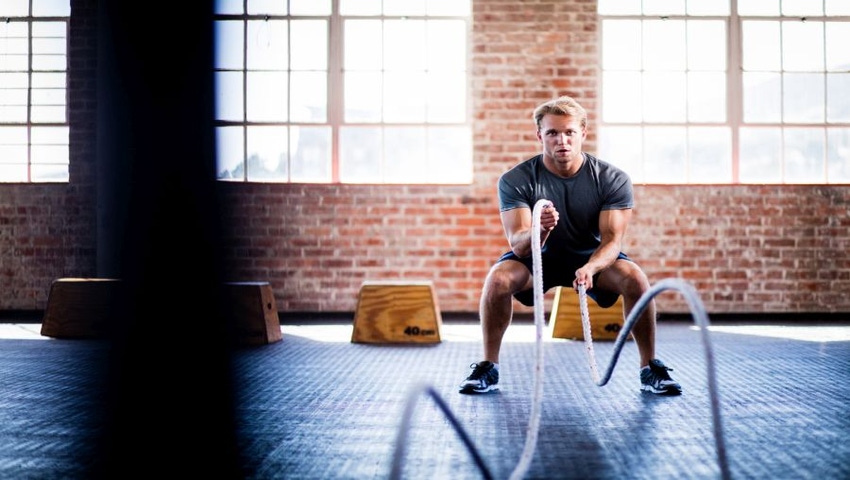Probiotics provide a competitive edge in sports nutrition
Clinical data is building around the role of probiotics in sports nutrition—from recovery to muscle building to immune health.
October 22, 2018

The gut flora performs a variety of functions that are important for health. In fact, 70 percent of the body’s immune cells are located in the digestive tract, making gut health critical to overall health. A healthy and well-balanced gut flora facilitates digestion, protects against pathogens, provides vitamins and nutrients, and helps form the immune system. For athletes and fitness enthusiasts, optimizing digestion and immunity are major factors as they strive to improve performance. As research advances, probiotics will play a leading role in shaping the sports nutrition supplements of tomorrow.
Athletes and active individuals have high nutrient needs, which are best met when digestion is well-functioning. Healthy bacteria in the gut aid in the digestion of macronutrients, allowing for optimized nutrient uptake from an athlete’s diet. They also aid in the digestion of macronutrients, allowing for optimized nutrient uptake from the diet. Some probiotic strains can play a role in the use of protein for muscle growth and human recovery by promoting the absorption of key amino acids. Being able to absorb more of the amino acids from protein can help increase muscle growth. In addition, probiotics can support immune health by adhering to the gut epithelium, thereby enhancing the “gut barrier” function of those cells by preventing the adhesion of pathogens.
Working out is all about breaking down and rebuilding muscles to become stronger and faster. With such activity, inflammation and free radical production are normal, expected and necessary—but the body’s response to these reactions will determine how quickly an athlete can recover and get back to his or her regimen. The two main areas of focus while doing strenuous activity are providing the right nutrients to build muscle (protein) and recovery (reduced inflammation). Probiotics can help in both of those areas; for example, the strain Bacillus subtilis DE111® (from Deerland) produces many enzymes to help break down protein, and recent research supported its role in reducing markers of inflammatory compounds that arise during exercise (Sports. 2018;6[3]:70).
According to the National Collegiate Athletic Association (NCAA), there are more than 480,000 NCAA student athletes who compete in 24 sports every year. And of course, this is only a slice of the physical-competition pie. Add professional sports, athletic trainers and serious fitness enthusiasts like marathoners and cyclists, and the number of individuals who could benefit from probiotic supplementation is significantly higher.
Clinical data is building around the role of probiotics in sports nutrition—from recovery to muscle building to immune health. Studies have demonstrated links between certain aspects of athletic performance and the addition of probiotics along with traditional sports nutrition supplements.
John Deaton, Ph.D., is the vice president of science and technology at Deerland Probiotics & Enzymes. Deerland is presenting a session, “The Role of Probiotics in Sports Nutrition,” on Thursday, Nov. 8, as part of the IPA Probiotics Resource Center at SupplySide West.
About the Author(s)
You May Also Like




.png?width=800&auto=webp&quality=80&disable=upscale)